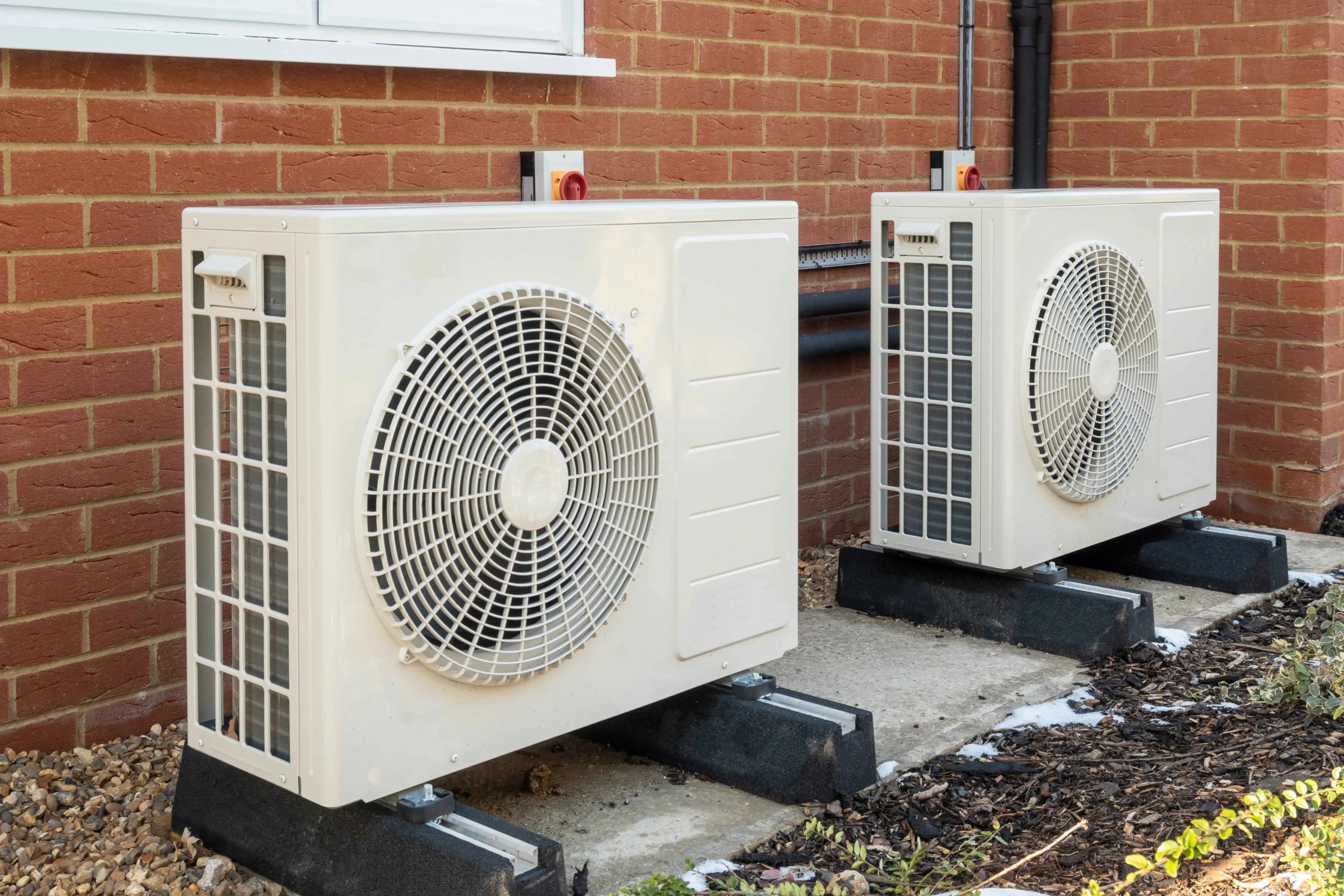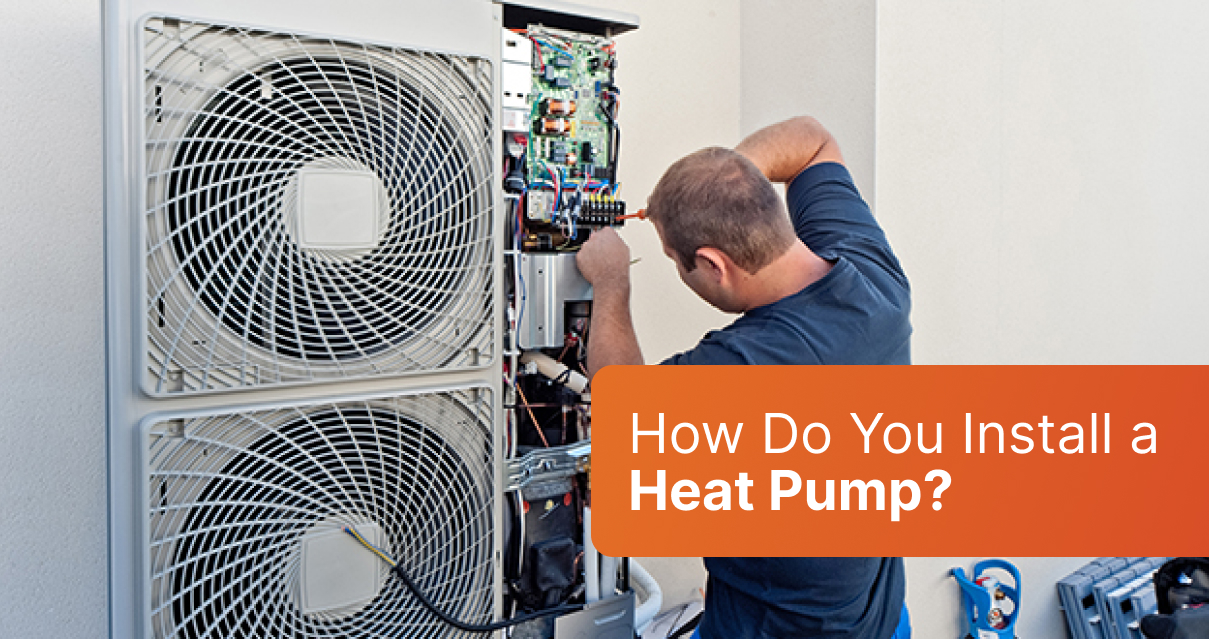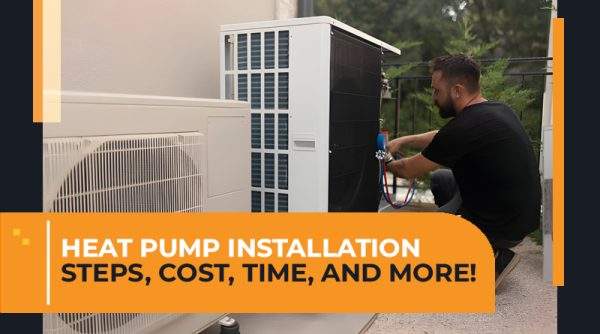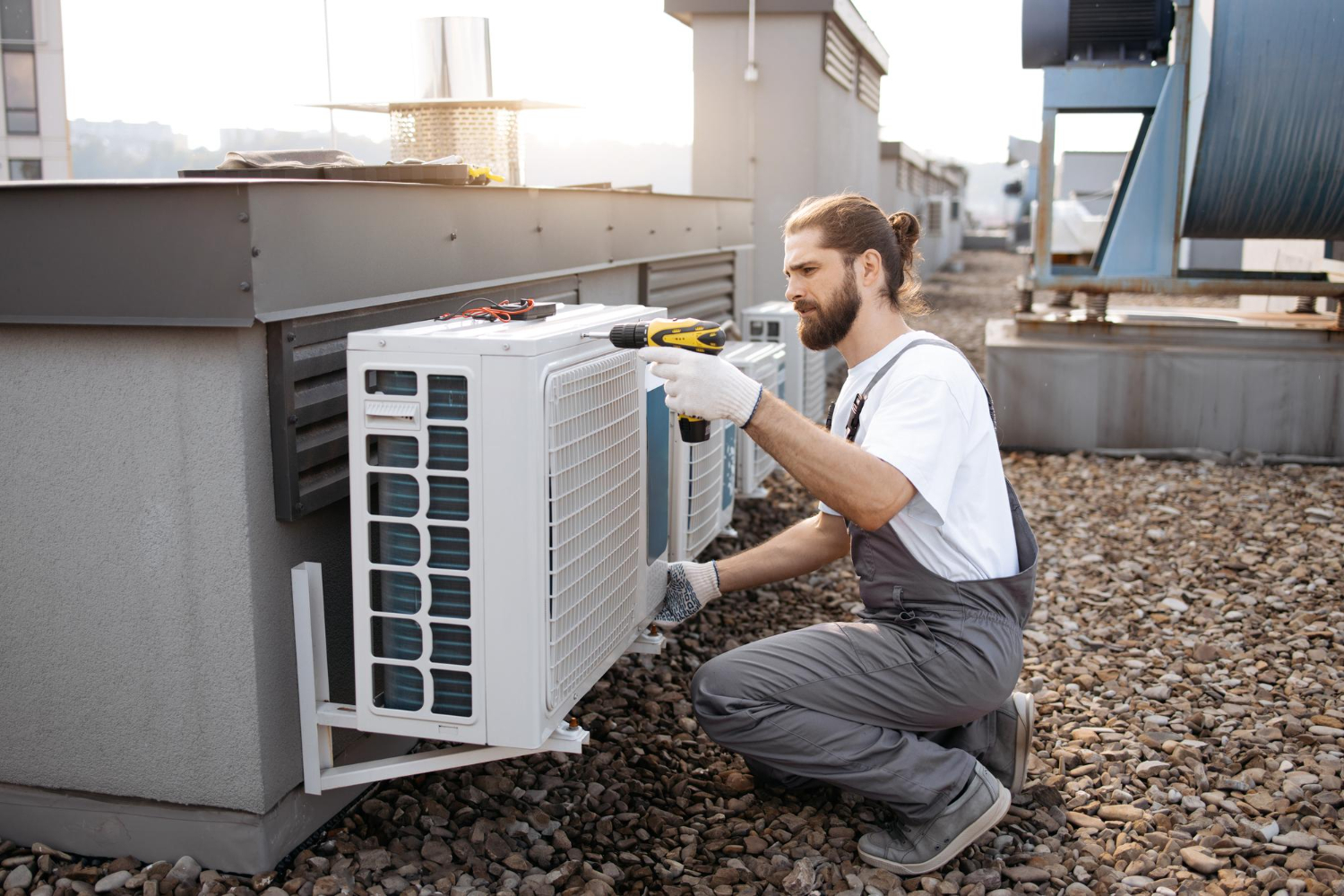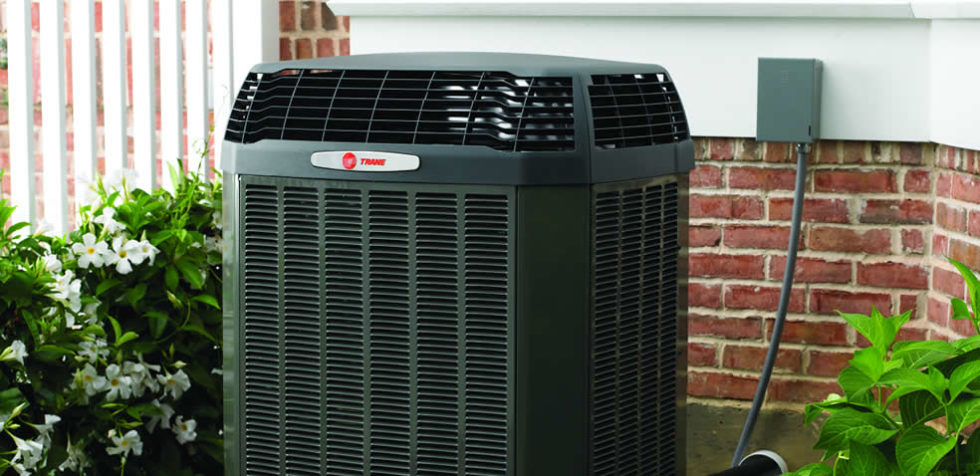Heat Pump Installation In Virginia Beach
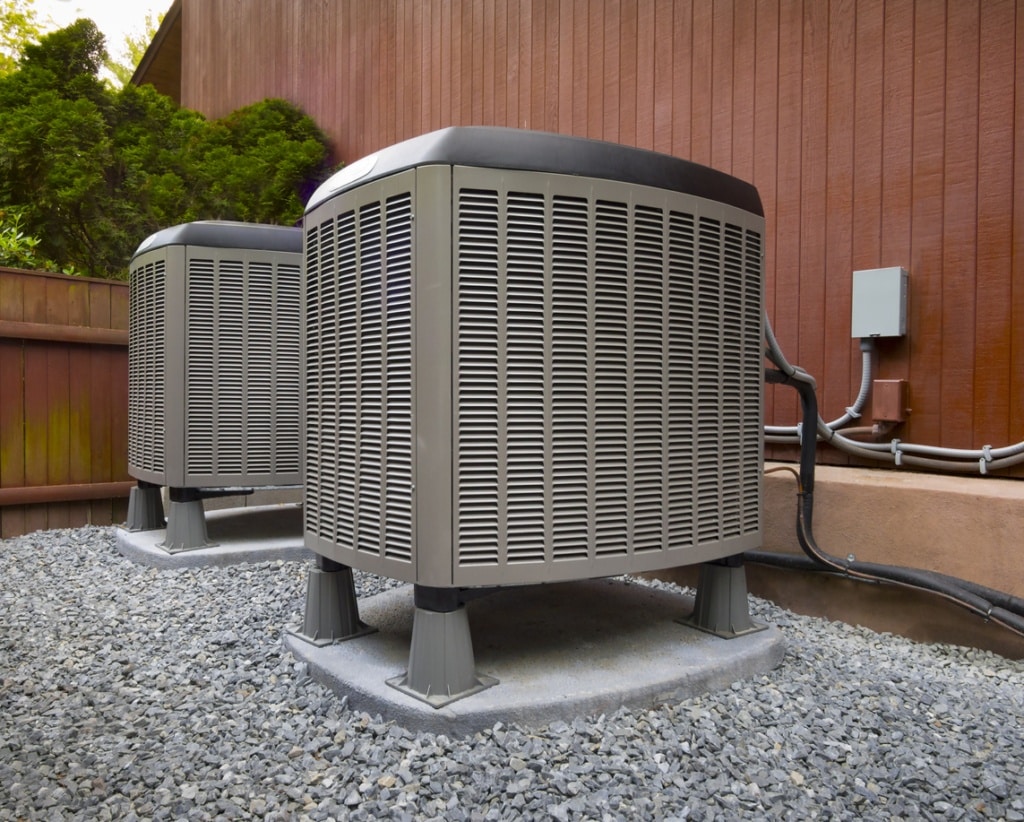
Virginia Beach, Virginia, offers a unique climate that makes heat pumps an increasingly popular choice for home heating and cooling. This demand translates to significant opportunities for HVAC professionals skilled in heat pump installation. Whether you're a student, an experienced technician, or an employer, understanding the nuances of this technology in the Virginia Beach market is crucial.
The Virginia Beach Heat Pump Market: A Growing Demand
Virginia Beach experiences moderate winters and humid summers. This climate profile makes heat pumps an energy-efficient alternative to traditional furnaces and air conditioners. Heat pumps transfer heat rather than generating it, resulting in lower energy consumption and reduced utility bills. Recent data indicates a 15-20% year-over-year increase in heat pump installations in the Hampton Roads area, driven by factors like rising energy costs and increased awareness of energy-efficient solutions.
This surge in demand creates a competitive market for HVAC companies. Homeowners are seeking qualified professionals who can accurately assess their needs, recommend the right heat pump system, and ensure proper installation for optimal performance and longevity.
Skills and Training: The Key to Success in Heat Pump Installation
Mastering heat pump installation requires a blend of theoretical knowledge and practical skills. Here's a breakdown of the essential areas of expertise:
Core HVAC Knowledge
A strong foundation in HVAC fundamentals is essential. This includes understanding:
- Refrigeration cycles
- HVAC system design and sizing
- Electrical wiring and controls
- Ductwork and airflow principles
Heat Pump Specific Knowledge
Beyond the basics, technicians need specific knowledge related to heat pumps:
- Different types of heat pumps (air-source, geothermal, ductless mini-splits)
- Heat pump operation in both heating and cooling modes
- Defrost cycles and auxiliary heating systems
- Troubleshooting common heat pump problems
Installation Best Practices
Proper installation is crucial for heat pump performance and longevity. Technicians should be proficient in:
- Properly sizing the heat pump to the building's heating and cooling load
- Selecting the optimal location for the outdoor unit
- Connecting refrigerant lines and ensuring leak-free connections
- Wiring the electrical components according to code
- Charging the system with the correct amount of refrigerant
- Commissioning the system and verifying proper operation
Certifications: Enhancing Your Credibility and Earning Potential
While not always mandatory, certifications can significantly enhance your credibility and earning potential in the HVAC industry. Here are some of the most valuable certifications for heat pump installation:
EPA Section 608 Certification
This certification is legally required for any technician who handles refrigerants. It demonstrates competency in refrigerant handling, recovery, and recycling practices. Failing to hold this certification can result in substantial fines for both the technician and the employer.
NATE Certification
The North American Technician Excellence (NATE) certification is widely recognized as the gold standard in the HVAC industry. NATE offers various certifications, including one specifically for heat pump installation and service. Earning a NATE certification demonstrates a high level of knowledge and skill, which can lead to increased job opportunities and higher pay.
HVAC Excellence Certifications
Similar to NATE, HVAC Excellence offers a range of certifications that validate technical competency. These certifications cover various aspects of HVAC, including heat pump technology.
Manufacturer-Specific Training
Many heat pump manufacturers offer training programs on their specific products. These programs provide in-depth knowledge of the manufacturer's equipment, installation procedures, and troubleshooting techniques. Completing these programs can give you a competitive edge and make you a more valuable asset to your employer.
Career Paths in Heat Pump Installation
The heat pump installation field offers a variety of career paths, ranging from entry-level positions to leadership roles.
Entry-Level Installer
Entry-level installers typically work under the supervision of experienced technicians. Their responsibilities include assisting with equipment installation, running refrigerant lines, and performing basic wiring tasks. This is a great starting point for individuals who are new to the HVAC industry and want to gain hands-on experience.
HVAC Technician
HVAC technicians are responsible for installing, maintaining, and repairing a wide range of HVAC equipment, including heat pumps. They have a solid understanding of HVAC principles and are able to troubleshoot complex problems. A successful HVAC technician in Virginia Beach needs to understand weatherization principles and building science, to properly evaluate client needs.
Lead Installer
Lead installers are experienced technicians who oversee installation projects. They are responsible for ensuring that installations are completed safely, efficiently, and to the highest standards. They also mentor and train junior technicians.
Service Technician
Service technicians specialize in troubleshooting and repairing HVAC equipment. They respond to service calls from customers and diagnose and fix problems with heat pumps and other HVAC systems. A service technician will require excellent customer service and communication skills.
HVAC System Designer/Sales
These professionals work with customers to determine their HVAC needs and design systems that meet those needs. They need a strong understanding of HVAC principles, building codes, and energy efficiency standards. They are often rewarded for performance with sales bonuses.
Salary and Job Outlook in Virginia Beach
The job outlook for HVAC technicians in Virginia Beach is excellent. The U.S. Bureau of Labor Statistics projects a 5% growth in employment of HVAC mechanics and installers from 2022 to 2032, which is about average for all occupations. However, the specific demand for technicians skilled in heat pump installation is expected to be even higher due to the increasing popularity of this technology.
Salaries for HVAC technicians in Virginia Beach vary depending on experience, certifications, and employer. According to recent data, the median annual wage for HVAC mechanics and installers in Virginia is around $54,000. However, experienced technicians with specialized skills, such as heat pump installation, can earn significantly more.
Here's a general overview of salary ranges:
- Entry-Level Installer: $35,000 - $45,000
- HVAC Technician: $45,000 - $65,000
- Lead Installer: $60,000 - $80,000
- Service Technician: $50,000 - $70,000
Remember that certifications like NATE can add a premium to these earnings. Employers often prioritize hiring certified technicians and are willing to pay more for their expertise.
Finding Employment in Virginia Beach
Several resources can help you find employment in the heat pump installation field in Virginia Beach:
- Online job boards (Indeed, LinkedIn, CareerBuilder)
- HVAC company websites
- Trade schools and vocational colleges
- Industry associations (e.g., Air Conditioning Contractors of America - ACCA)
- Networking events and career fairs
When applying for jobs, be sure to highlight your skills, certifications, and experience related to heat pump installation. Tailor your resume and cover letter to each specific job to demonstrate your interest and qualifications.
For Employers: Finding and Retaining Skilled Heat Pump Installers
Finding and retaining skilled heat pump installers is crucial for HVAC companies in Virginia Beach. Here are some strategies to attract and retain top talent:
- Offer competitive salaries and benefits
- Provide opportunities for training and professional development
- Create a positive and supportive work environment
- Recognize and reward employee performance
- Invest in the latest tools and equipment
- Partner with trade schools and vocational colleges
- Offer apprenticeship programs
Investing in employee training and development is particularly important. By providing your technicians with the knowledge and skills they need to excel in heat pump installation, you can improve the quality of your work, increase customer satisfaction, and reduce employee turnover.
Staying Updated on Industry Trends
The HVAC industry is constantly evolving, with new technologies and regulations being introduced regularly. It's essential for HVAC professionals to stay updated on these trends to remain competitive and provide the best possible service to their customers. Staying ahead will require some additional, and ongoing, training. Examples of training can include:
- Variable Refrigerant Flow (VRF) Systems: These systems offer zoned heating and cooling for enhanced energy efficiency and comfort.
- Smart Thermostats and Controls: Integrating smart thermostats and controls with heat pump systems can optimize energy usage and provide remote access.
- Geothermal Heat Pumps: These systems utilize the earth's natural heat for even greater energy savings.
- Refrigerant Regulations: Staying informed about evolving refrigerant regulations and transitioning to more environmentally friendly refrigerants is crucial.
Here are some resources for staying updated on industry trends:
- Industry publications (e.g., ACHR News, HVACR Business)
- Industry conferences and trade shows
- Online forums and communities
- Manufacturer websites
By staying informed and continuously improving your skills, you can build a successful and rewarding career in heat pump installation in Virginia Beach.
The growing demand for energy-efficient heating and cooling solutions like heat pumps makes this a vibrant and promising field for both current and future HVAC professionals. Embrace the opportunity, invest in your skills, and contribute to a more sustainable future for the Virginia Beach community.

